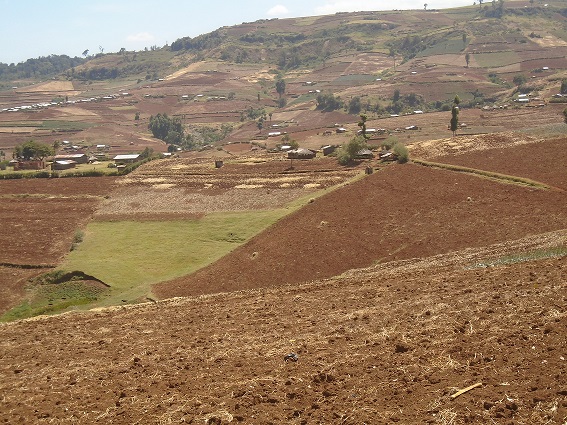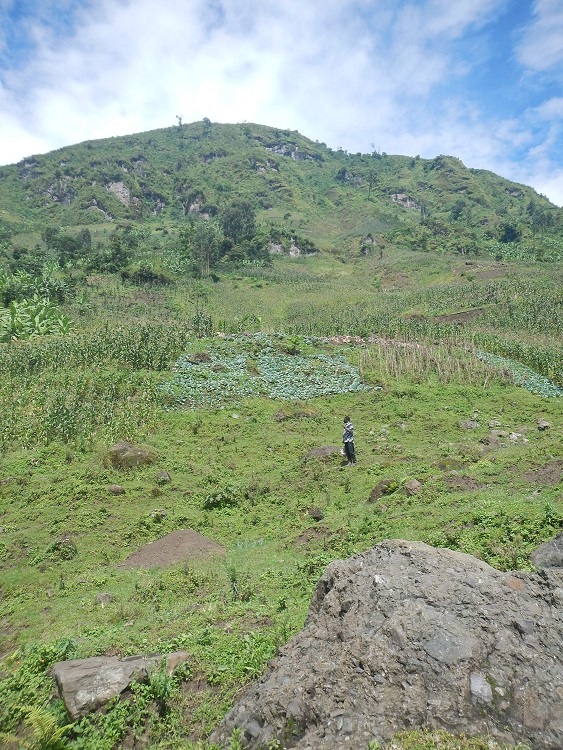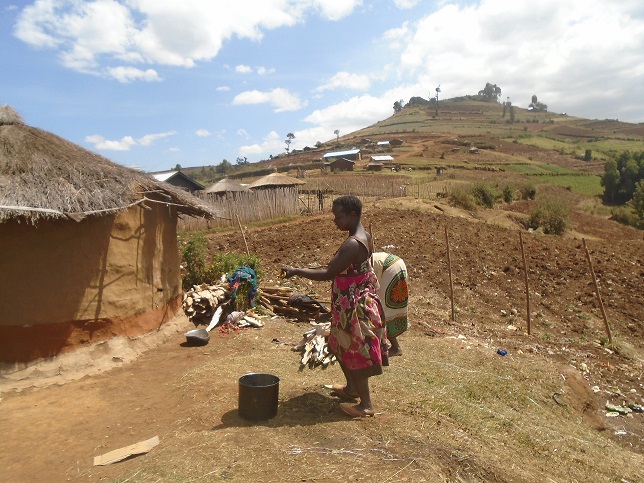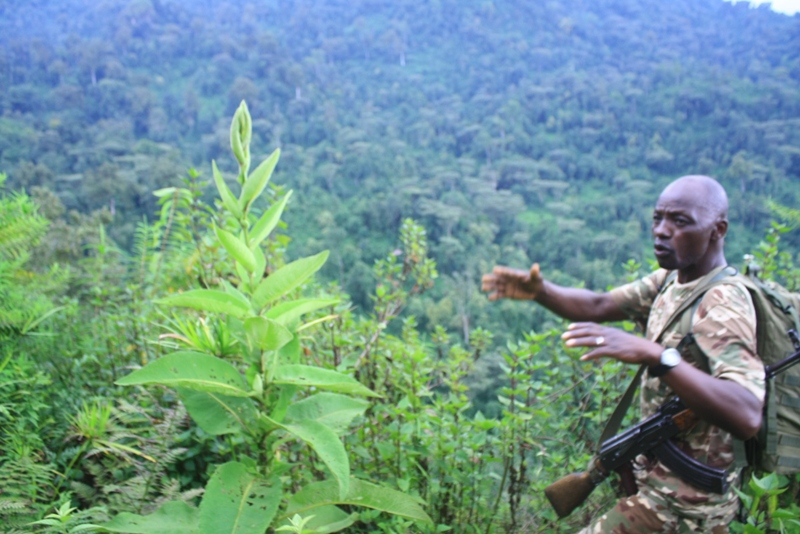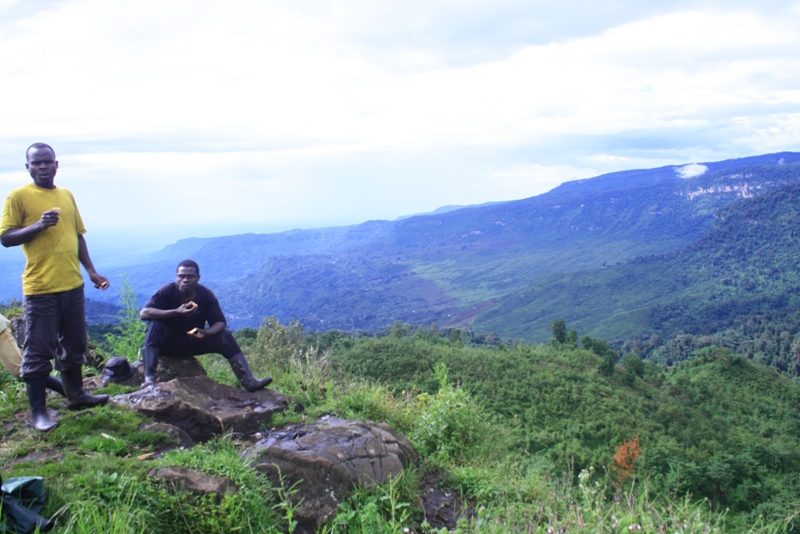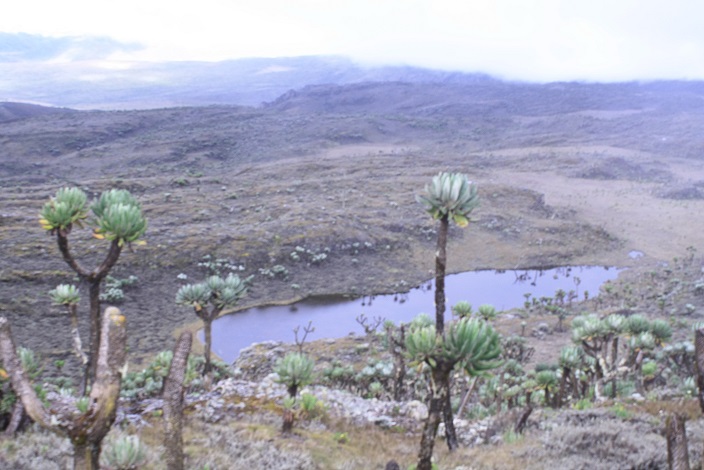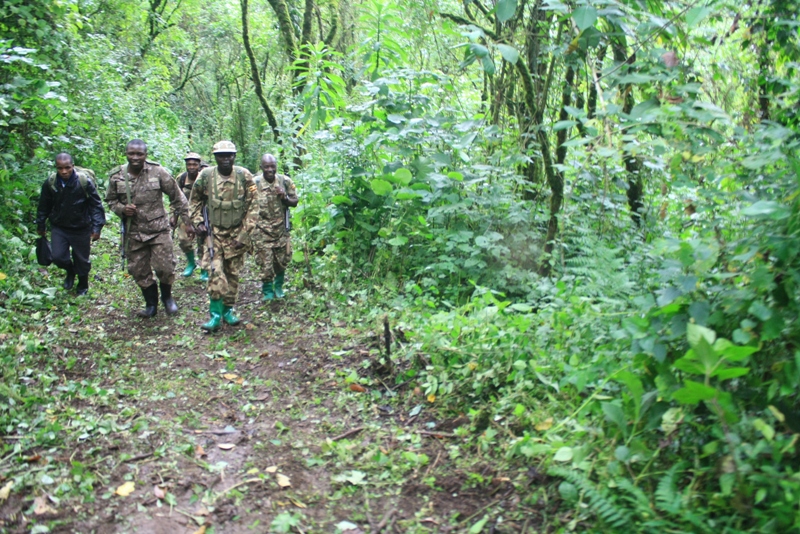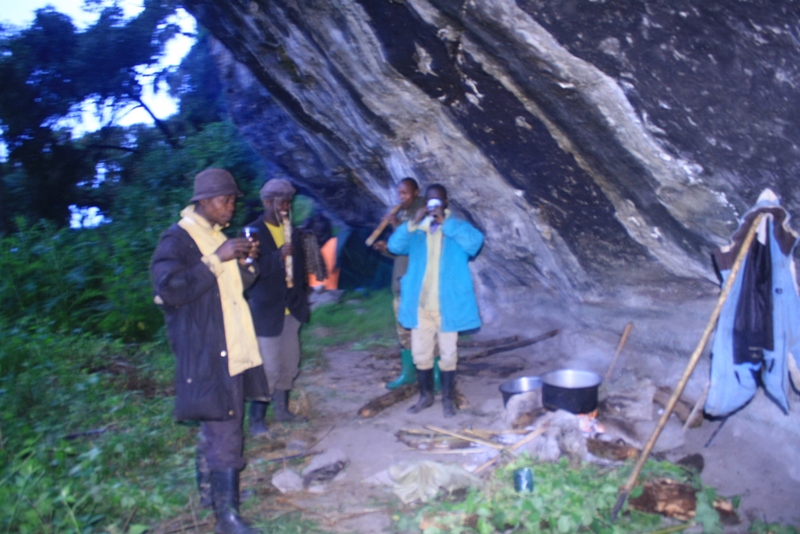Gynaecologists call for safe abortion as part of essential health package for women
DAVID MAFABI
Oliver tested for pregnancy and the result was positive. It was hard for her to accept the news, since she saw this as an end to her dream of becoming a teacher.
Yes, I watched that line turn blue and I felt sick to my stomach because I knew, without doubt, that I would be expelled from school and be banished from home by my parents.
“I spent days in agony, thinking about what to do, I sat in the same spot and suddenly, I felt only grim determination to get everything out as quickly as possible.
“Yes, I would rather live daily with the knowledge that I ended a life, not because it posed any risk to my own but because I simply didn’t have the emotional strength to cope with a child of rape,” I told myself.
She said not even knowing the deep joy of being a mother could change her mind at that moment.
I could not go to the hospital because I knew that abortion is illegal in Uganda, so I confided in a friend who took me to a Traditional Birth Attendant for an abortion.
She made a concoction of some herbs and told me to take a full mug and she got a wire pushed it through my vagina, pricked something and suddenly I felt sharp pain, blood started oozing out of my private parts and I lay unconscious.
“And when I came back to my senses moments later, I found myself in the hospital with a doctor around me while my mother lay on my bed near my head, I was admitted,” said Oliver.
“My mother told me that I had bled to near death and that when they were called, I was unconscious alone in the hospital and that the people who had taken me there had fled to avoid being arrested,” she added.
Oliver is not alone many girls who get pregnant against their will, usually seek unsafe abortion services from TBAs and nurses but when things run out of hand, they [TBAs and Nurses] abandon them [patients] and flee for their lives.
Dr Charles Kiggundu, the President of the Association of Gynaecologists and Obstetricians, says Uganda records about 1,500 deaths from unsafe abortions daily and that the consequences of unsafe abortions cost the country about Shs7.5 billion annually.
Dr Kiggundu said this may not be indicative of the actual rate “as abortion is commonly hidden in haemorrhage and sepsis figures due to stigma.
There are over two million conceptions in Uganda every year, 200,000 to 300,000 of these miscarry or abort spontaneously but 350,000 abortions in Uganda are induced
“90,000 of these induced abortions end up with severe complications but only half of them are able to access post-abortion services at medical centres but many others die and those who survive end up with chronic pain, anaemia, infertility among others,” said Dr Kiggundu.
“Safe abortion services are available for the rich but hidden from the poor. You must be connected and well-oiled to access the services, I know of many rich people who fly to South Africa to terminate pregnancies and return,” added Dr Kiggundu.
Although Oliver lives today, but she will never bear a child because she suffered incomplete abortion, haemorrhage (heavy bleeding), infection, uterine perforation (caused when the uterus is pierced by a sharp object), and damage to the genital tract and internal organs (by inserting dangerous objects).
WHO says that Maternal morbidity and mortality due to complications of unsafe abortion constitute a major public health concern in many African countries and that unsafe abortion is one of the top five causes of maternal mortality, along with post-partum haemorrhage, sepsis, complications from delivery, and hypertensive disorder.
According to WHO and Guttmacher, at least 22,800 women die annually as a result of complications of unsafe abortion; and between two million and seven million women each year survive unsafe abortion but sustain long-term damage or disease (incomplete abortion, infection (sepsis), bleeding, and injury to the internal organs such as puncturing and tearing the uterus.
Mr Moses Mulumba, the executive director Centre for Health, human rights and development [CEHURD], says safe abortion is one of the Sexual and reproductive health and rights that are fun¬damental to people’s health and survival, to gender equality and to the well-being of humanity.
He revealed that according to World Health Organisation, sexual and reproductive health is a state of physical, emotional, mental and social well-being in relation to all aspects of sexuality and reproduction, not merely the absence of disease, dysfunction or infirmity.
Mr Mulumba explained that a positive approach to sexuality and reproduction should recognize the part played by pleasurable sexual relationships, trust and communication in promoting self-esteem and overall well-being.
“All individuals have a right to make decisions governing their bodies and to access services that support that right,” said Mr Mulumba.
Human rights Activists intend that government provides access to safe abortion services and liberalize abortion laws where necessary, ensure adolescents have access to sexual and reproductive health information and services without discrimination, address sexual and gender-based violence through policies, services and prevention programs and engage men to support women’s health, rights and autonomy and address the SRHR needs of men.
A GUTTMACHER-LANCET COMMISSION report 2018 ON SEXUAL AND REPRODUCTIVE HEALTH AND RIGHTS to accelerate progress on sexual and reproductive health rights for all says gaps in sexual and reproductive health and rights (SRHR) take an enormous toll on individuals, communities and economies around the world.
IPAS, an Ipas an international organization solely focused on expanding access to safe abortion and contraceptive care says the gaps in sexual and reproductive health and rights require a holistic approach to close them that encompasses the right of all individuals to make decisions about their bodies—free of stigma, discrimination and coercion—and to have access to essential sexual and reproductive health services.
The Guttmacher-Lancet Commission’s vision of universal access to SRHR is affordable, attainable and essential to the achievement of health, equitable development and human rights for all.
Mr Meddie Mulumba, the Uganda Human Rights Commission Commissioner says that although abortion is legal to preserve the life or mental or physical health of a woman and in cases of sexual assault, many people—including health care professionals—are under the impression that abortion is illegal.
He explained that as UHRC, they are pushing for legal abortion in the country as a human right for every woman and girl for to ensure that legal abortion is treated as a basic human rights issue.
“The content and scope of Uganda’s abortion laws needs to be clarified and publicized if health care providers are to be able to provide the critical reproductive health services that are every woman’s fundamental human right.
According to GUTTMACHER-LANCET COMMISSION, essential sexual and reproductive health services aligned with the new definition must meet global standards for medical ethics, public health and human rights, including the “availability, accessibility, acceptability and quality” framework of the right to health.
The Commission recommends that essential package of sexual and reproductive health interventions, comprehensive sexuality education, counselling and services for a range of modern contraceptives, with a defined minimum number and types of methods, antenatal, childbirth and postnatal care, including emergency obstetric and newborn care, safe abortion services and treatment of complications of unsafe abortion.
Ms Sarah Opendi, the State Health Minister said the ministry is seeking post-abortion management policy, detailing the circumstances under which medical workers can manage safe and legal abortions in hospitals.
According to Ms Opendi, the new policy is intended to provide for comprehensive management of post-abortion complications.
“And our laws are also clear about abortion, it is criminal but allowed under certain circumstances. We shall stick to the law but guide our country and the guidelines will also help us towards achieving essential sexual and reproductive health services,” said Ms Opendi.
However, Emma Ainebyoona, the Ministry of Health Senior Public Relations officer said the ministry has never passed the policy and guidelines on abortion and that abortion remains illegal according to the penal code Act and the constitution.
What the Ugandan law says
In Uganda, termination of pregnancy is prohibited but is permitted only under circumstances intended to preserve life, mental and physical health of a pregnant woman but many medical personnel are not aware of this exception.
Some of the scenarios under which abortion is allowed under the provisions above include; when a woman is raped, when the child she is carrying was as a result of incest, when the health of the mother and the unborn child is in danger.
Article 22(2) of the Constitution says: “No person has the right to terminate the life of an unborn child except as may be authorised by law.”
Section 141 of the Penal Code states punishment for any person who abets abortion in any form, it says: “Any person who, with intent to procure the miscarriage of a woman whether she is or is not with child, unlawfully administers to her or causes her to take any poison or other noxious thing, or uses any force of any kind, or uses any other means, commits a felony and is liable to imprisonment for fourteen years.”
The same Penal Code Section 142 says a woman who procures her own miscarriage commits a felony and is liable to imprisonment of up to seven years.

